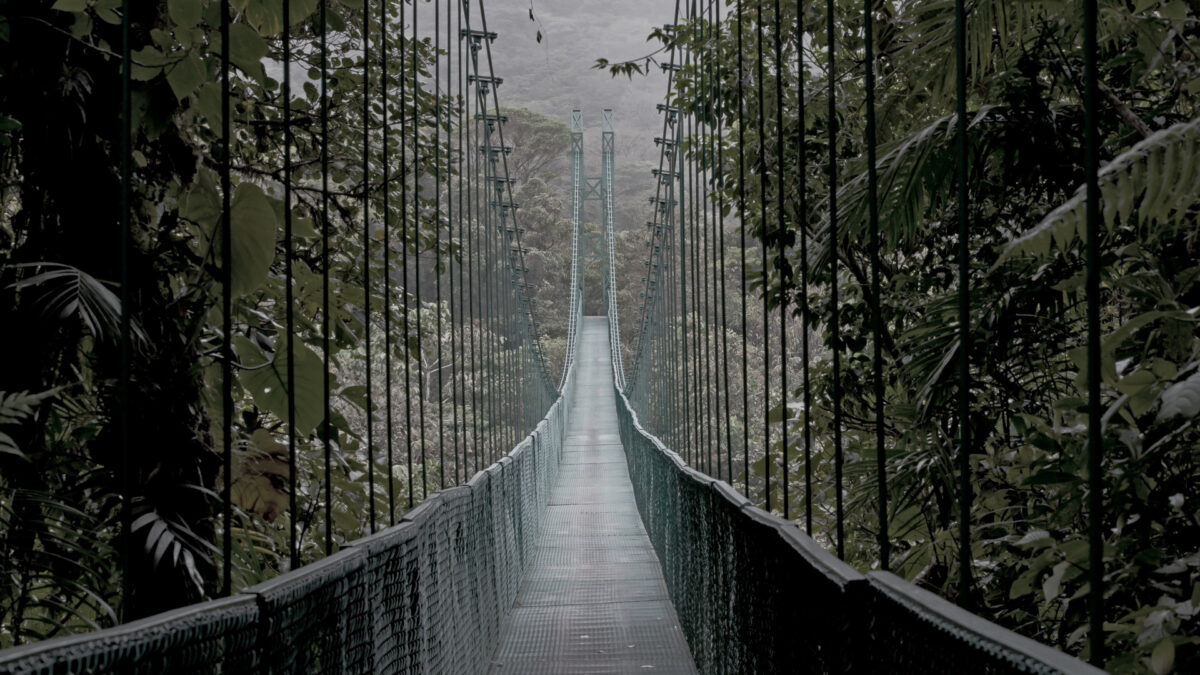
© Valeo Capital Partners 2020
Latin America’s Tourism Opportunity
Why a quick recovery in international tourism is so important for Latin America and the future of the planet.
Tourism is an industry in which Latin America and the Caribbean (LAC) is highly competitive, offering an incredible range of world-class vacation experiences from the beaches of Mexico to the rainforests of Costa Rica and the mountains of Peru at good prices and in a generally sustainable way.
Latin American economies depend on the tourism industry. In Peru, the tourism industry represents 9% of GDP according to the World Travel & Tourism Council. In Mexico the figure is 16%. Caribbean islands are even more exposed: in Barbados for example, tourism accounts for 21% of the economy. Tourism is an export industry generating much needed foreign currency as well as a compelling reason for developing countries to adopt global standards of safety and stability in order to attract discerning international tourists. It is also an industry that employs a large number of local people in relatively well-paid jobs. And unlike many other sectors, Latin American governments have been fairly successful at regulating the sector, meaning that its contribution to economic development is more powerful than in other sectors where informality is higher and tax take is lower.
The pandemic has dealt a heavy blow to the tourism sector in LAC. International tourist flows fell virtually to nothing for 4 months following the outbreak of coronavirus. The correction was far in excess of prior crises such as the 2008 financial crisis which led to lower volumes in 2009 as debt-laden Americans and Europeans reduced their winter holidays. Costa Rica’s international tourists declined by a modest 8% in 2009. The sudden shock of the 9/11 attacks also hit tourism but the overall effect was single-digits and volumes recovered quickly. In 2020 to September the figure is closer to a decline of 40% on 2019, but this is distorted by strong tourism flows in January and February before the lockdown began.
The great 2020 summer “staycation” during July and August meant that thousands of Americans and Europeans vacationed at home by car instead of flying overseas. This represents a massive transfer of wealth from poorer nations. It has exacerbated the financial stress caused by the collapse in commodity prices and fall in domestic demand.
The winter holiday season from Thanksgiving to Easter is traditionally the busiest time of year for the LAC tourism sector. Resumption of international flights and opening of border restrictions offer some grounds for optimism, but the recent second wave lockdowns in Europe suggest recovery to 2019 volumes seems a way off. Many hotels are looking at less than 50% occupancy for the coming season, a level they must achieve to break even on their operating costs. Only at higher occupancy levels can they generate surplus cash flow to resume servicing of debt and allow reinvestment of profits in maintenance and improvement. The financial outlook for these businesses remains very challenging. Continued support for the sector from banks and governments is needed to avoid permanent damage.
Not only is the tourism industry critical for the economic development of Latin America but it is the most sustainable and value-added path to development. Tourism plays a direct role in preserving the environment of this region. By selling vacation experiences based on the rich natural world of the region, otherwise known as ecotourism, pristine areas can be preserved forever by placing a direct economic benefit on them. Compare the environmental dividends that tourism has generated to the impact from other Latin American export industries such as mining, logging, petroleum and agriculture. This is why the tourism industry plays such an important role: securing Latin America’s natural world for the planet while offering inhabitants of the region a decent path to economic development.
Investors seeking high-impact environmental and social angles should turn their attention to the wide range of investment opportunities that exist in the sector in Latin America today. And individuals looking for a way to address global economic inequality and secure some of the most important ecosystems in the world should book their vacation to Latin America.
Valeo Capital Partners is an investment banking advisory firm based in San Jose, Costa Rica. For more information visit www.valeocp.com
Recent News
- Valeo acts as exclusive financial advisor to Delimart on its sale to Gessa Supermercados.
- Valeo Capital Partners acts as exclusive advisor to Agrocosta on its sale to UPL Limited.
- Latin America’s M&A Market in 2022
- Review of Mergers and Acquisitions in Costa Rica in 2022
- Valeo advises Perfect Circle Inc on sale to The Liberty Company



